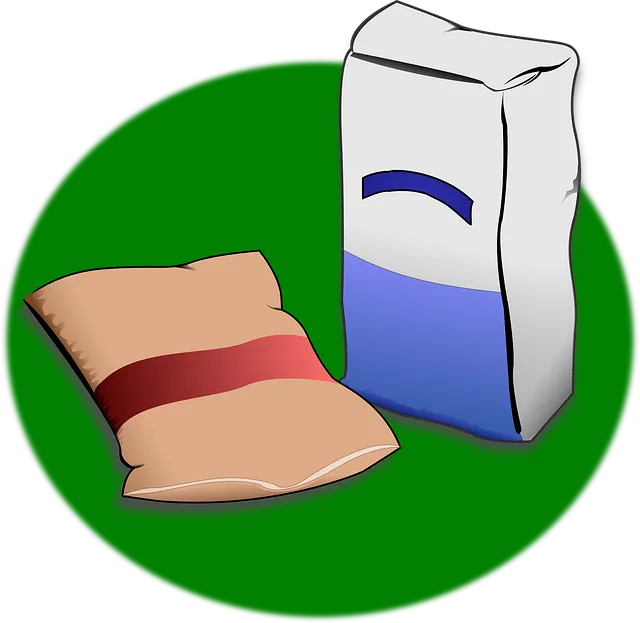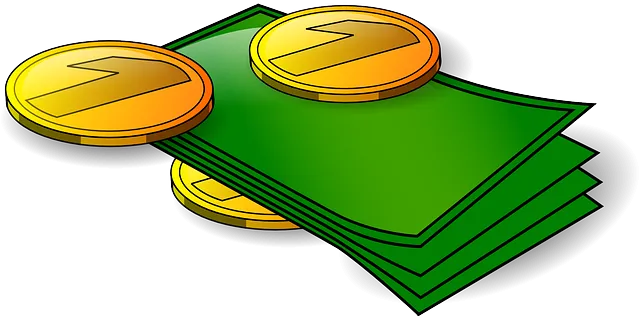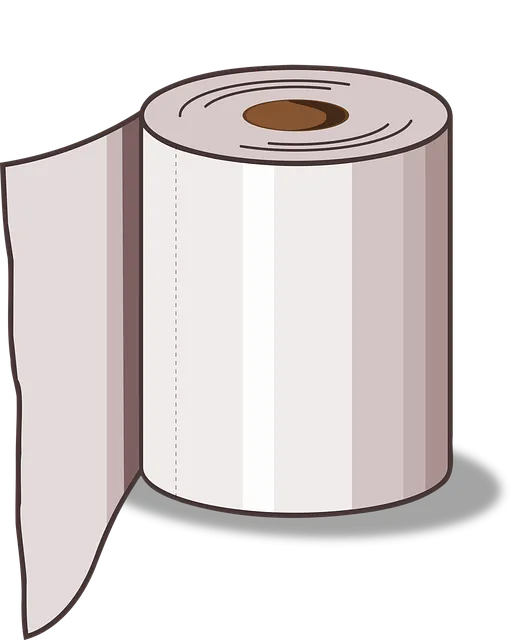I am fortunate enough to already be somewhat prepared for the current crisis. Our shopping has been a matter of replenishing an existing stock rather than building up an emergency food supply from nothing. I hope the current chaos will pass, and people will take the opportunity to better prepare for the next one. I have some advice that I hope will be helpful toward that end.
Start building an inventory in advance

Gradually buy a bit more than you need every time you shop until you have a pantry stocked with the canned goods and dry goods you use regularly already. It may take six months of preparation, but if you map out your goal and spend just a few extra dollars each trip toward that goal, you can easily have a month or two of food stashed away. Then start rotating out the oldest for immediate use, and filling in with new purchases as you consume. Once the system is in place, it can be self-sustaining and will cost you nothing extra. Don't forget to plan for storage, though. What shelving or freezer space will you need? How will you prevent insects and rodents from eating and contaminating your goods?
Analyze your budget
Before you can build that inventory of goods, you probably need to take stock of your finances. "If your income is less than your outgo, your upkeep will be your downfall." Pithy, but true. Know where your money goes, and get control of it lest it control you. Your priorities should be housing, food, utilities, and transportation.
Luxuries may need to be ruthlessly cut. If you smoke, kick the habit during the current hermitage. Do you need cable/satellite TV and the various streaming services available? How much alcohol are you consuming, and where? Is it really necessary to buy coffee at the local shop? Don't get me wrong. We all have vices, and I don't want to condemn all entertainment or forbid any enjoyment in life. I'm no Puritan. Nonetheless, know what you spend and where, handle the necessities first, and recognize the luxuries as what they should be: a special treat, not a priority.
Get out of debt
Don't know where to start? I generally agree with Dave Ramsey's system. Once you know your budget, how much is going to bills that can be eliminated? What's your smallest debt? Pay it off. Then take that money, and put it toward the next-smallest bill. Pay it off, too. Continue the snowball until nothing is left but your car and home. Get those paid off ASAP. Then, look at all the money freed up for other purposes that can benefit you. Think about this debt burden before you borrow again, too. I know we all may have emergencies, and borrowing can be a necessary solution, but you don't want bill collectors breathing down your neck next time the shit hits the fan.
Save up an emergency fund

If you have a budget set up, you should have a fair idea of your monthly expenses. Squirrel away enough cash to cover a month, at least. This monthly cost decreases as your bills decrease, so getting out of debt stretches your money by decreasing your expenses. Have some savings in cash on hand, and some in a bank account. I don't trust banks, but electronic payments are a convenience in the modern internet age before cryptos are mainstream. I personally advocate crypto and gold/silver as a part of a sound emergency fund, investment, and saving program, but your local government funny money is still likely to be the biggest component by far for the foreseeable future.
Learn to make and fix stuff
Can you make a dinner with dry beans and rice? Can you bake bread from scratch with flour, yeast, water, and whatever other ingredients you prefer to add? I'm not saying you need to learn to butcher deer you hunted, although doesn't hurt to know. I'm just suggesting you practice making dinner with raw ingredients in advance. As a bonus, this can save you a lot of money in exchange for your time. I understand this isn't the easiest option for most, but it helps to know how to use these goods people are stockpiling in ignorance.
Can you change your oil in your vehicle? Can you re-wire a faulty electrical outlet or lightswitch? What are you accustomed to paying experts to do for you? It can be better to hire a pro during good times, but can you handle matters yourself in a pinch?
Don't plan for the last panic

People are currently buying out all the bottled water in many parts of the country. Unless governments are threatening to cut off your water for noncompliance with their edicts, this probably shouldn't be a priority for the current crisis. If you're in a hurricane zone, you probably should have bottled water on hand. And that should be a standard part of your inventory. But if a crisis pops up, make a risk assessment for the current problem, and act accordingly. Don't just react according to the shortages from the last unrelated crisis.
A crisis can still be a useful planning signal, though. The toilet paper panic is another example of bad assessment. Shipping is not being disrupted this time. But then again, if we're all to be quarantined eventually, you'll need it to some extent. Once this is over, TP is another supply you might want to have stocked up as part of your standard reserves and rotation plan. Learn from past emergencies, and use that knowledge to mitigate future problems.
Personal thoughts
As someone who lives in the country, and faces a 45-minute drive to any major retailer, planning ahead and stocking up is part of life for me. But when I lived in town, I still tried to keep that mindset. Here in the north, winter comes every year. Sometimes roads are cut off by severe snowstorms, or just too dangerous to use if it isn't necessary. Power outages happen. Prepping doesn't need to be ZOMBIE APOCALYPSE level, although you're set for nearly anything if you manage to be that prepared. But even just planning ahead with a month's worth of supplies on hand, a few months of emergency cash reserves, and as little debt as possible can help you weather anything from winter storms to short-term unemployment to a natural disaster. You may need to make some last-minute specific preparations for any given issue, but you won't be among those panicking.
Don't neglect basic stuff, either. Planning for a major emergency has a certain appeal, but the mundane stuff matters, too. Do you have fire extinguishers available, and are they actually operational? Have you replaced batteries in your smoke detectors? Do you know where your circuit breaker panel and water shutoff valve are located? Are the circuit breakers clearly labeled? Do you have good locks on your doors, and perhaps an alarm system?
Last but not least, just remember that the more you've prepared to take care of yourself, the less you need to beg politicians to take care of you. If we learn anything from COVID-19 response, it should be that the media and government bureaucrats don't know what they're doing and don't care about you or the economy. China responded with censorship and authoritarianism. The US responded with yellow journalism and authoritarianism. Be prepared to take care of yourself, because they won't.
